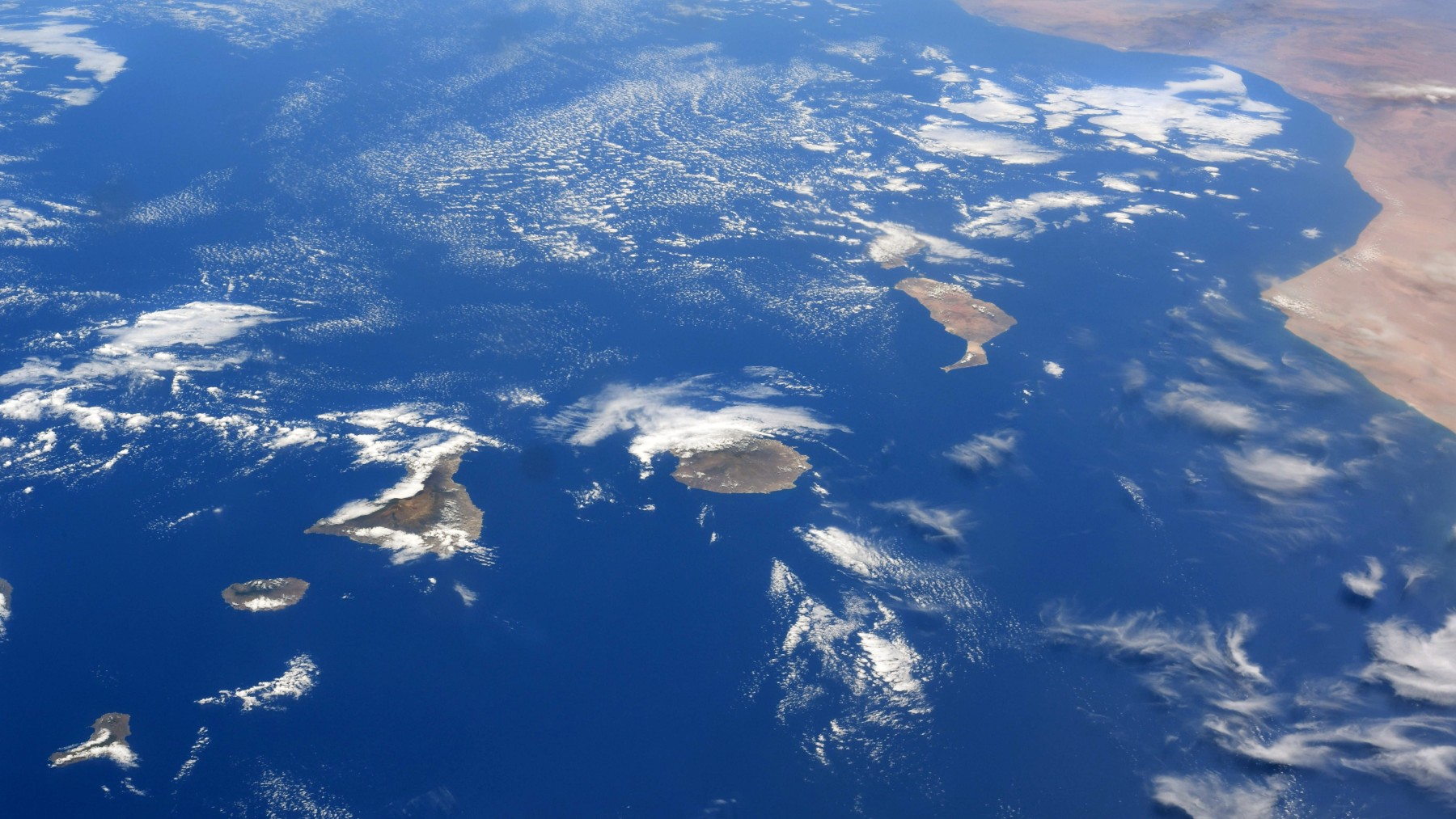The Ocean Oasis Canarias consortium is implementing the “DESALIFE-Desalination for Environmental Sustainability and Life” project in Gran Canarias. The goal is to produce fresh water through desalination with a technology that we already know here. Ocean Oasis will take advantage of wave energy to provide fresh water to 15,000 people, without causing environmental impacts or emitting pollutant gases during the installation and operation of the plant.
Current status of the project
The project is in the full pre-commercial phase and will be connected to the Seawater Desalination Station (EDAM) Arucas-Moya, in the north of the island. It has the participation of the Canary Islands Technological Institute (ITC), the Renewable Energy Systems Research Group (GRRES) of the University of Las Palmas de Gran Canaria (ULPGC), the Canary Islands Ocean Platform (PLOCAN) and the environmental consultancy Elittoral. .
The total budget is approximately €10 million, with co-financing of €5.9 million from the European Executive Agency for Climate, Infrastructure and Environment (CINEA) within the Circular Economy and Quality of Life Programme.


One of the objectives of the “Desalife” project is demonstrate that desalination, using wave energy, is a feasible and sustainable solution to guarantee water supply on the island. To this end, Ocean, together with its allies, is expected to install a plant with a capacity of up to 2,000 m3 of fresh water per day, which, according to sources, corresponds to the consumption of 15,000 people.
Floating technology avoids electricity consumption
As for the offshore installation, the Norwegian group Ocean Oasis will use offshore technology to refine the design. The GAIA pilot buoy is currently active on a test basis in the port of Las Palmas. The group applies improvements to get the most out of wave energy.


Offshore technology, also called floating technology, will make it possible to desalinate seawater using a osmosis process conversely which uses only wave energythus avoiding the need to consume electricity from the grid and emit CO2.
The Norwegian consortium has stated in various media that the project aims to increase the production capacity of desalinated water in a traditional electro-intensive process, without increasing the demand for electricity. This aims to make the island carbon-free.
Canary Islands: ideal scenario for the use of marine energy
Sebastián Feimblatt, co-founder of Ocean Oasis and CEO of the Canary Islands Delegation, has emphasized that the Canary Islands offer an unparalleled opportunity to demonstrate the use of marine energies in sustainable desalination. For this reason, he emphasized the collaboration with companies, research centers and local authorities, especially with the Gran Canaria Island Water Council, to implement a project that promises to be successful.
The north of Gran Canaria is considered an area with great potential for the use of wave energy, as has been seen in these places around the world. So far, The freshwater supply in this area is largely dependent on three desalination plantsone of which, the EDAM Arucas-Moya, will be integrated into the implementation and exploitation phases of the ‘DESALIFE’ project, as the first test to achieve the above results.
The Minister of Territorial Policy, Territorial Cohesion and Water of the Government of the Canary Islands, Manuel Miranda, has emphasized the values of the project, which “brings together solutions to the need to increase water production in the islands with an environmentally friendly approach”. alternative”.
“The project is part of the collaboration between several institutions to integrate innovative systems into the water cycle of the Archipelago, which pioneered water procurement formulas many years ago.”

